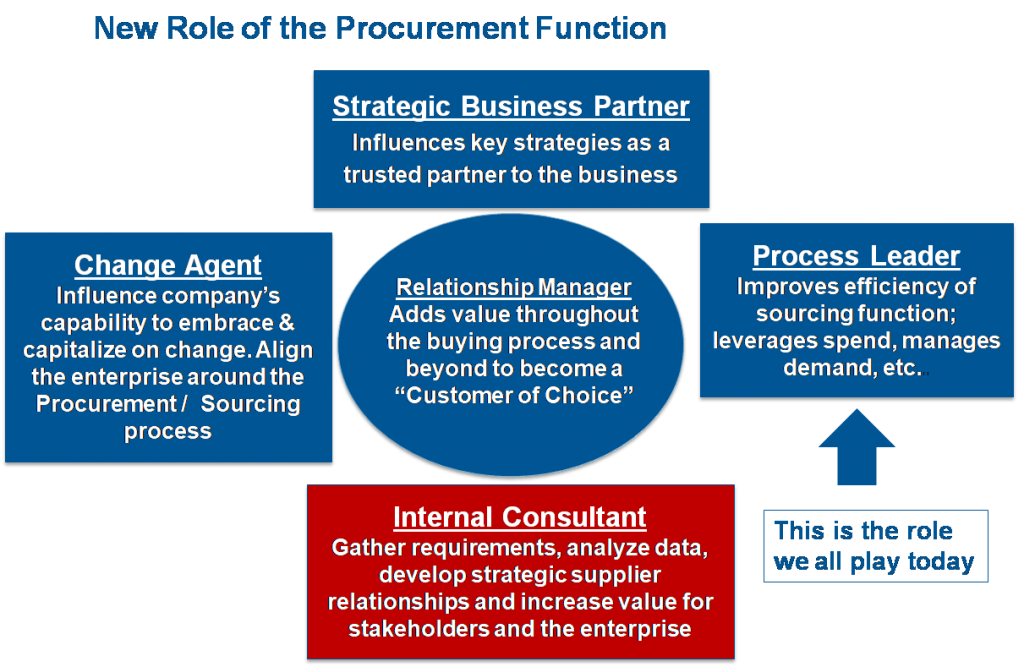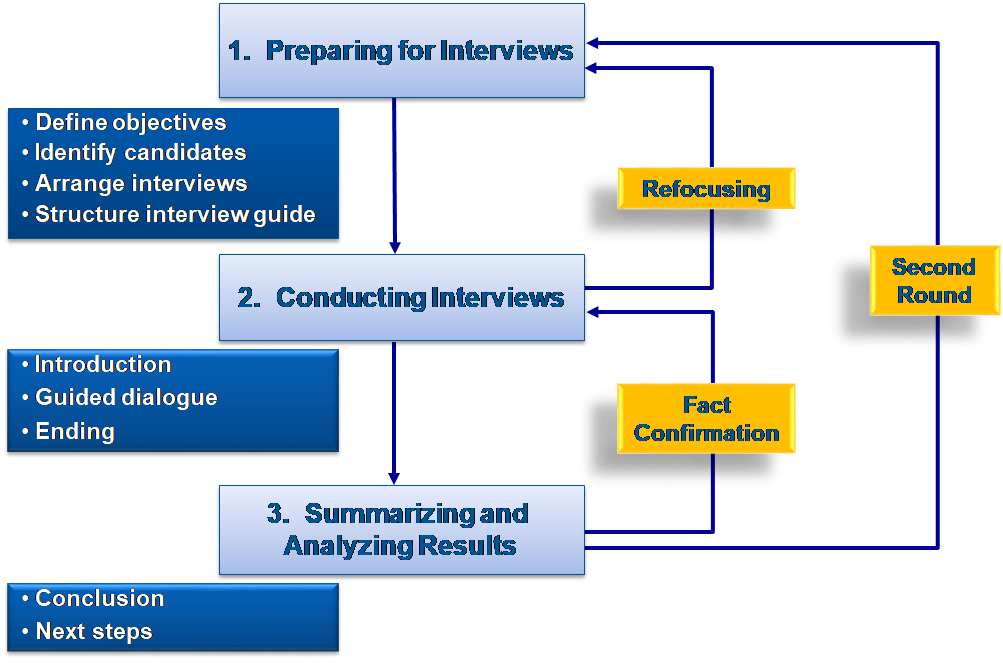Last week, we ran a three-day Consulting Skills workshop for a new global client. The CPO who hired us saw the value of requiring her team to function like an internal consulting practice – since one of our roles as Procurement professionals is to be an internal consultant.

The competencies required to play that role are NOT your traditional functional skills (strategic sourcing, negotiations, supplier relationship management); rather a set of strategic competencies (data gathering / analysis, presentation writing, building a business case, storytelling, building relationships, collaboration, communication, etc.). There is both an “art” and “science” to be a consultant and the “science” can be taught. The “art” comes from experience. There is a “boot camp” that all major consulting firms put their consultants through that provides them with a set of tools and structured way of thinking which is the “science”. The consulting “boot camp” that we deliver to our clients is the same AND is taught in the context of your core business process which is Strategic Sourcing and / or Category Management. One of the key required skills is a primary data gathering method which is interviewing. This would be one of those skills that has a structured approach (the science) and requires a splash of interpersonal competence (the art) and requires practice (adoption) to be good at it.
There are four key benefits to interviewing:
- Allows you to develop a relationship
- Helps you to spot issues up front
- Provides you a forum to “sell” sourcing
- Vehicle to gather a lot of data in a short amount of time
There are three primary steps to interviewing:

Preparation / planning is critical. Spending some time to define the primary objective, which you should share with the interviewee ahead of time, will help to set the tone for the discussion. Take some time to learn something personal about the interviewee that you can use to build rapport. This is part of the art – you will have a more productive discussion if the two parties feel comfortable with one another. Also, remember, this is your chance to build credibility and present yourself as a competent professional – take full advantage of this opportunity. Preparing an interview guide is also essential. Make no mistake that interviewing is a form of data gathering so you must ensure that you gather the data you need. If you have worked with any professional consultants, they always have an interview guide. This tools also gives you the flexibility to have multiple interviewers all gathering the same information.
We look at interviewing as a guided discovery process. Properly sequencing questions leads to an effective interview:
- Following a natural progression creates a comfortable atmosphere.
- Basic to complex
- Current to future
- Neutral to sensitive
- Introducing questions calling for knowledge or specific detail first builds rapport
- Focused and non-threatening
- Easy to answer
- Ask questions the interviewee may be reluctant to answer should be introduced later in the discussion after you have built rapport and confidence
There are four types of questions that can be used during an interview:
- Open – Gets the widest, richest, range of responses
- Closed – Primarily requires only a Yes or No answer
- Probing – Geared toward getting additional information and can be either assertive or neutral
- Mirroring – Replaying communication to allow for confirmation
Each type of question can be effective depending on the type of data you are seeking from your interviewee. A strong interviewer will be adept at using any and all of these questioning techniques.
One final note on Interviewing – BE A GOOD LISTENER! Aside from having the ability to ask the right questions and putting your interviewee at ease, you must be perceived as a good listener. In my opinion the best consultant listens more than he / she talks, and this is evident to their client.
Are you Ready to Play the Role of the Consultant? Make sure you and your team are skilled interviewers. It will go a long way to ensuring you gain credibility with your “client”.
Join in the conversation and let us know what you think . . . .


